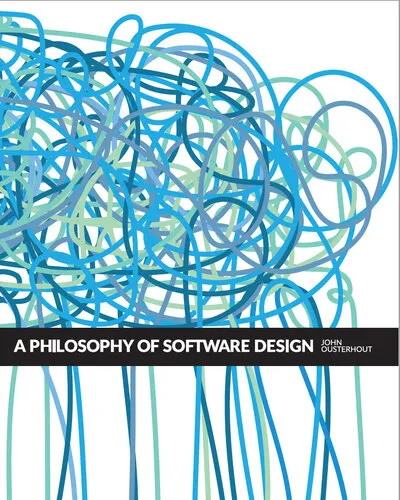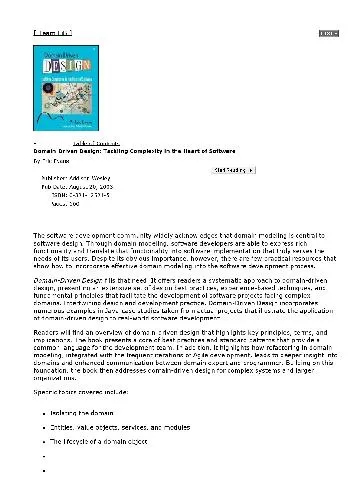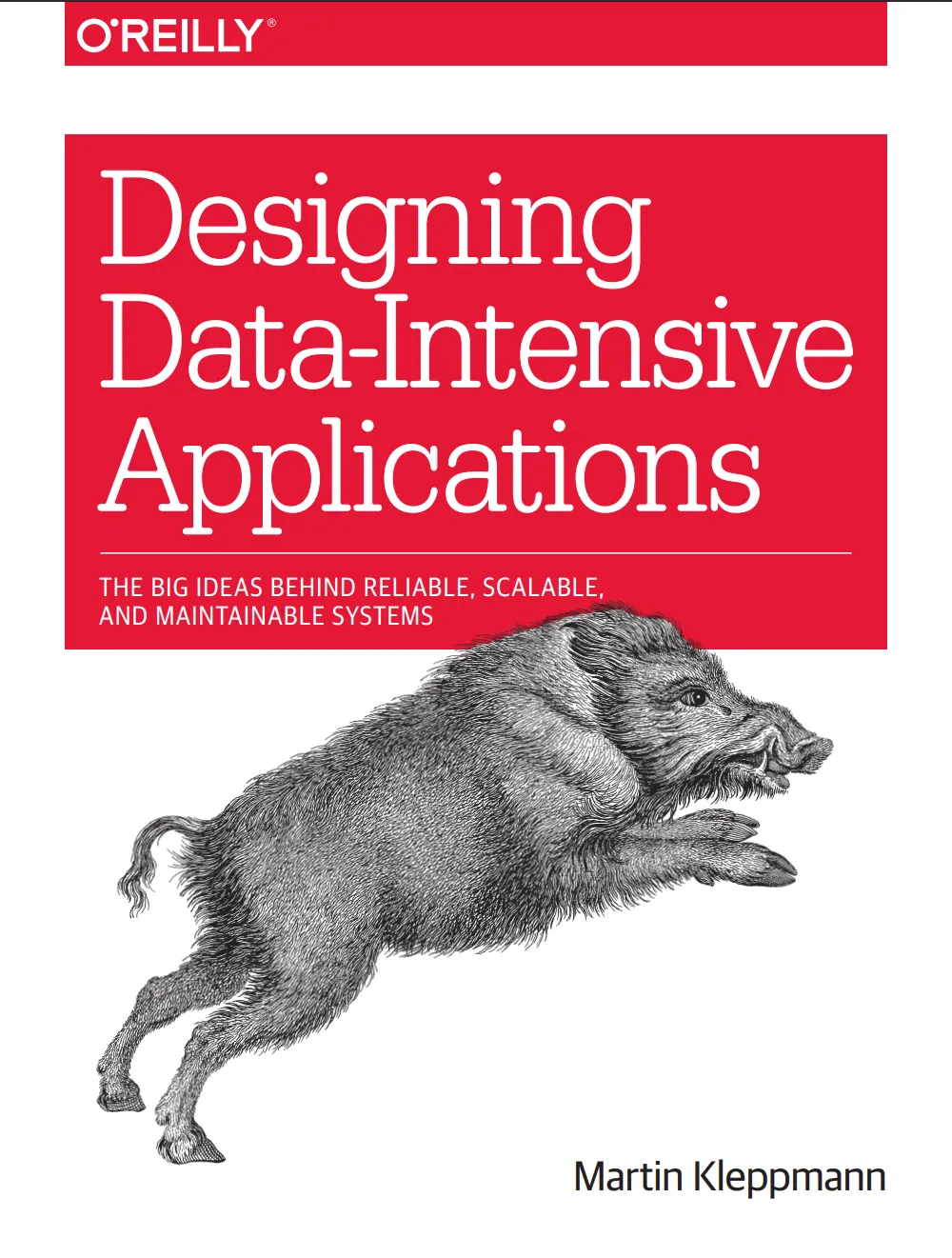A Philosophy of Software Design, 2nd Edition
4.0
Reviews from our users

You Can Ask your questions from this book's AI after Login
Each download or ask from book AI costs 2 points. To earn more free points, please visit the Points Guide Page and complete some valuable actions.Related Refrences:
Persian Summary
Introduction to "A Philosophy of Software Design, 2nd Edition"
"A Philosophy of Software Design, 2nd Edition" by John Ousterhout is an insightful and pragmatic guide that seeks to illuminate the complexities of software development. This book is an essential read for both novice programmers and seasoned developers seeking to deepen their understanding of software design and clean coding practices.
Detailed Summary of the Book
The second edition of "A Philosophy of Software Design" expands upon the original edition, delving deeper into the complexities of software design with added insights and examples. Ousterhout presents a clear philosophy that revolves around the simplicity in code and minimizing complexity. He articulates his philosophy with a blend of theoretical insights and practical advice, aimed at improving the overall design and readability of software.
The book explains that complexity is the root cause of most problems in software design. Ousterhout identifies two forms of complexity: 'accidental complexity,' which is introduced by the developers themselves, and 'essential complexity,' which is inherent to the problem being solved. Through a series of chapters, the book explores techniques to minimize complexity, including modular design, layering, and the concept of deep modules. By leveraging these techniques, the reader is equipped to write cleaner, more comprehensible code.
The book is not only theoretical but also highly practical, offering actionable advice on class design, error handling, and documentation. Ousterhout emphasizes the importance of consistency, simplicity, and mindfulness in crafting elegant solutions. With real-world examples and refactoring exercises, readers can practically apply the concepts as they advance through the book.
Key Takeaways
- Understanding the true cost of complexity and how it affects software maintainability.
- The importance of designing deep and abstract modules for simpler integration and modification.
- How to discern between essential and accidental complexity—and what to do about each.
- Strategic approaches to managing dependencies and creating consistent interfaces.
- Guidance on clear and concise error handling and documentation practices.
Famous Quotes from the Book
"The greatest challenge facing software engineers is managing complexity."
"A complex system that works is invariably found to have evolved from a simple system that worked."
"Design your modules so that they hide complexity."
Why This Book Matters
In the fast-paced and ever-evolving world of technology, codebases rapidly accumulate complexity, which can lead to inefficiencies and bugs. "A Philosophy of Software Design, 2nd Edition" is pivotal because it addresses this fundamental issue. Ousterhout's book offers visionary insights and practical methodologies that advocate for simplicity and clarity in software design.
Beyond its immediate practical benefits, the book also fosters a mindset change in how developers approach coding problems. By internalizing the principles proposed by Ousterhout, software engineers are better equipped to construct architectures that are not only functional but also scalable, robust, and easier to maintain. This shift contributes significantly to a developer's professional growth and the advancement of software engineering as a discipline.
Ultimately, this book is an indispensable resource for anyone serious about becoming a proficient software designer, offering timeless wisdom in an engaging and educational format.
Free Direct Download
You Can Download this book after Login
Accessing books through legal platforms and public libraries not only supports the rights of authors and publishers but also contributes to the sustainability of reading culture. Before downloading, please take a moment to consider these options.
Find this book on other platforms:
WorldCat helps you find books in libraries worldwide.
See ratings, reviews, and discussions on Goodreads.
Find and buy rare or used books on AbeBooks.
1873
بازدید4.0
امتیاز0
نظر98%
رضایتReviews:
4.0
Based on 0 users review
Questions & Answers
Ask questions about this book or help others by answering
No questions yet. Be the first to ask!














